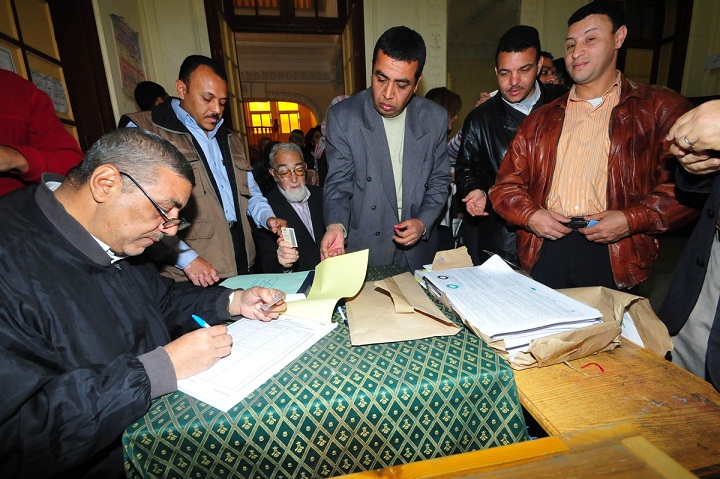Egyptian machinery and equipment entered the Gaza Strip early Sunday through the Rafah crossing to assist in the search for the remains of Israeli detainees believed to be buried under the rubble of buildings destroyed during Israel’s war on the enclave. It was the first such on-ground operation since the U.S.-brokered ceasefire came into effect.
An Israeli government spokesperson told Reuters that Prime Minister Benjamin Netanyahu had authorised the entry of the Egyptian technical team and approved the passage of Red Cross and Egyptian personnel beyond the “yellow line” established by the Israeli army inside Gaza to locate the hostages’ remains. The spokesperson added that Israel “will retain full security control over the Gaza Strip,” despite the truce and the repositioning of its forces east of that line, which effectively divides the enclave in two.
Meanwhile, Palestinian factions accused Israel of repeated violations of the ceasefire. The Palestinian Resistance Committees said in a statement that “the Zionist enemy continues its constant breaches of the ceasefire agreement,” describing Israel’s claims as “false and misleading.” The group held Israel responsible for the assassination of an Islamic Jihad commander in central Gaza on Saturday and called on mediators to “pressure the occupation to abide by the agreement and end its policy of targeted killings.”
The Islamic Jihad movement denied Israeli army claims that its fighters in the Nuseirat refugee camp were preparing an imminent attack, calling the allegations “a baseless pretext for aggression.” It said an Israeli airstrike on a civilian vehicle in Nuseirat wounded four Palestinians, one critically, and urged international mediators “to uphold their commitments and compel Israel to stop such violations.”
Hamas spokesperson Hazem Qassem also accused Israel of “insisting on violating the internationally mediated ceasefire,” citing “daily killings of civilians, the ongoing blockade, and the closure of the Rafah crossing.” He said humanitarian aid deliveries to Gaza remained “far below agreed levels.”
In remarks signalling a possible shift, Hamas leader in Gaza Khalil al-Hayya said the movement “accepts the deployment of international forces to monitor borders and the ceasefire,” though he noted that “the issue of resistance weapons remains under discussion with factions and mediators.”
In Washington, U.S. Secretary of State Marco Rubio said the United States does not support a “permanent division of the Gaza Strip,” but acknowledged that Israel continues to control roughly half of the enclave since the truce began. He added that Washington would not permit reconstruction aid to reach areas still under Hamas control.
On the ground, Gaza City Mayor Yahya Al-Sarraj said the delayed entry of Egyptian machinery had “severely hindered municipal operations.” He noted that local authorities “need around 250 machines and 1,000 tonnes of cement to repair water networks and rebuild wells.” Al-Sarraj added that municipal and health infrastructure “remains extensively damaged,” with current work limited “to what existing resources allow.”



